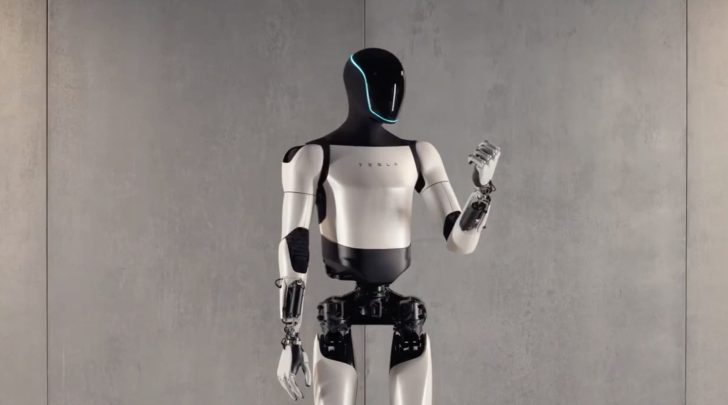Investment bank Morgan Stanley has recently revealed that its list of humanoid robot stocks has significantly outperformed the broader market. 
The bank, which started promoting humanoid robots in 2023, joined forces with Tesla’s Elon Musk, claiming that these robots would spark a new industrial revolution and create trillions of dollars in value.
In a new report, Morgan Stanley shared that its list of 100 humanoid robot stocks has gained 11% since its inception, outpacing major stock indexes. This was in stark contrast to the S&P 500, which only rose 3.5% over the same period. The S&P also saw a 12% drop in April after President Trump’s Liberation Day tariffs were announced, although it has since surged by 27% from that low point.
Last year, the bank introduced a list of 66 humanoid robot stocks, categorized into three groups: humanoid enablers, humanoid beneficiaries, and humanoid investors. Enablers include companies that are directly involved in producing or selling raw materials for humanoid robots, while beneficiaries are businesses like Amazon that could profit from incorporating these robots into their operations.
Among the stocks that have performed well are semiconductor and rare earth material companies, driven by broader market trends. In particular, MP Materials, a rare earth materials company, topped the list with an impressive 145% gain since the humanoid robot stocks list was first made. AI leader NVIDIA, whose products are closely linked to humanoid robots, has also benefitted with a 32% increase in its stock value. Taiwan’s TSMC, a major semiconductor company, has seen its shares rise 13%. Rare earth stocks, especially American ones, have been performing strongly due to trade tensions between the US and China, which saw China use its rare earth supply chain as leverage during negotiations.
However, not all stocks in the list have been successful. Chinese industrial firms and video equipment companies like California-based Harmonic have struggled. Harmonic’s shares have dropped by 30% year-to-date, largely due to weak earnings guidance in February.
Meanwhile, gaming stocks have also performed well, with Unity Software delivering an impressive 34% return so far this year. Jefferies analysts recently raised the price target for Unity from $29 to $35, citing strong performance in both the video game engine and advertising sectors.
While the humanoid robot industry is still in its early stages, the performance of these stocks suggests a promising future. However, critics remain skeptical about the long-term viability of humanoid robots, arguing that they are still limited by outdated designs, power use, and battery life issues. Some believe that only when robots can match the fluidity and efficiency of human movement will they see widespread adoption, with China potentially leading the charge in the development of humanoid robots.